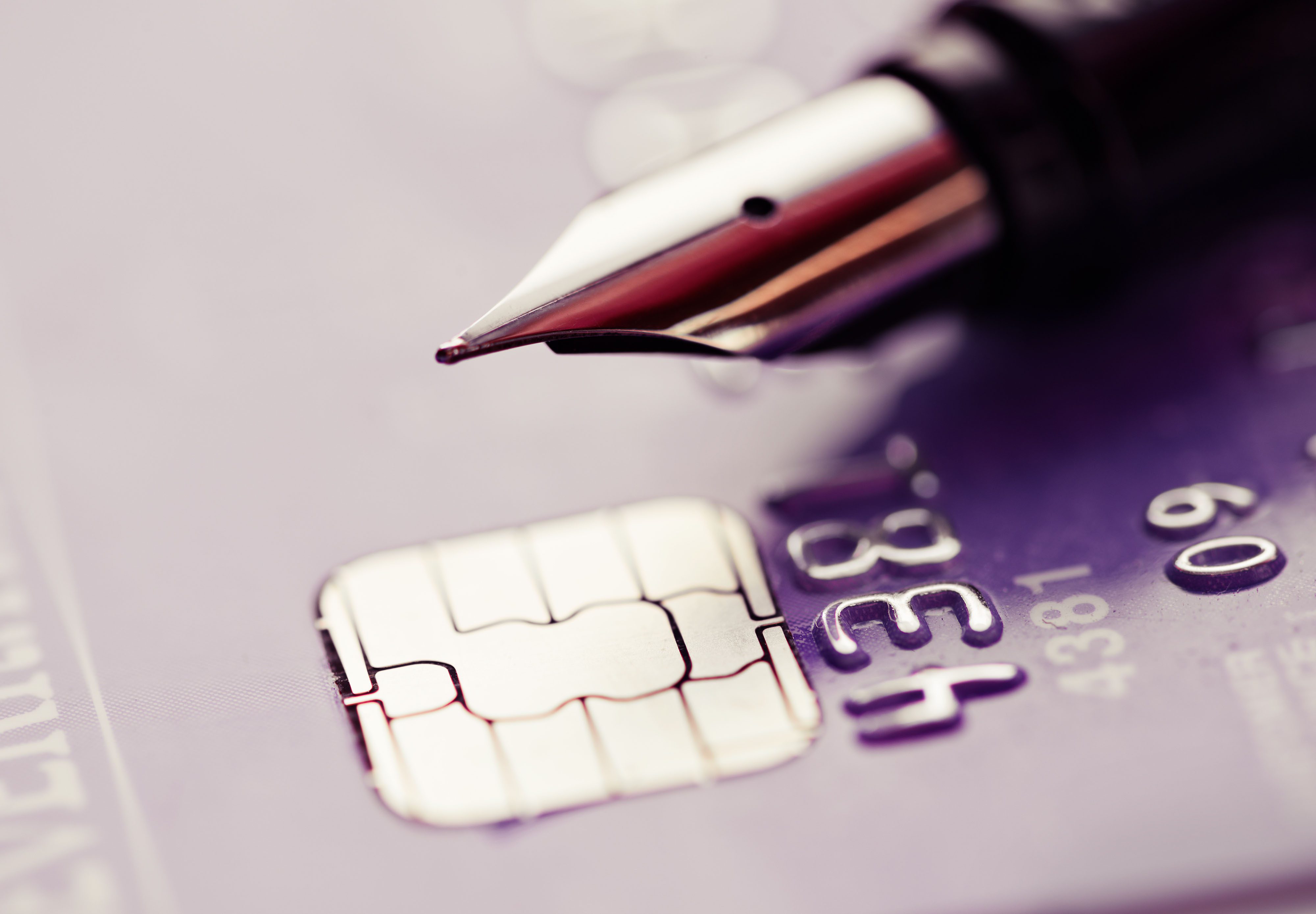Along with phone records and e-mail and Web search information, the National Security Agency is also tracking credit card transactions according to reports in the Wall Street Journal and Time Magazine.
From the Journal:
The disclosure this week of an order by a secret U.S. court for Verizon Communications Inc.’s phone records set off the latest public discussion of the program. But people familiar with the NSA’s operations said the initiative also encompasses phone-call data from AT&T Inc. and Sprint Nextel Corp., records from Internet-service providers and purchase information from credit-card providers.
While the NSA most likely is not able to determine exactly what someone has purchased, they can get a good sense of their shopping habits, according to Time.
Networks are most likely giving the government “metadata.” That is, the credit card issuers could provide the NSA details such as an account or card number, where and when a purchase was made, and for how much. Even though the exact items purchased aren’t revealed, Brian Krebs, who blogs at KrebsOnSecurity.com, says “merchant category codes” in such data give clues about what was bought.
Reactions to the revelations of government data gathering have ranged from fiery condemnation to apathetic shrugs. Although it is too soon to tell whether the news will change anyone’s shopping habits, privacy has been listed as a reason for using prepaid cards by respondents to Mercator’s CustomerMonitor Survey Series.
As noted in an earlier Mercator report, the desire for payments privacy is not always a matter of concealing nefarious activity. Sometimes people want an anonymous way to pay to surprise a gift recipient, to avoid getting on a marketing list, or to protect their credit or debit information from being hacked online. Payments providers may see an increase in demand for ways to make electronic payments privately if the recent revelations on government snooping cause people to feel more exposed in their electronic lives.
Learn more about Mercator’s viewpoint on payments privacy.









